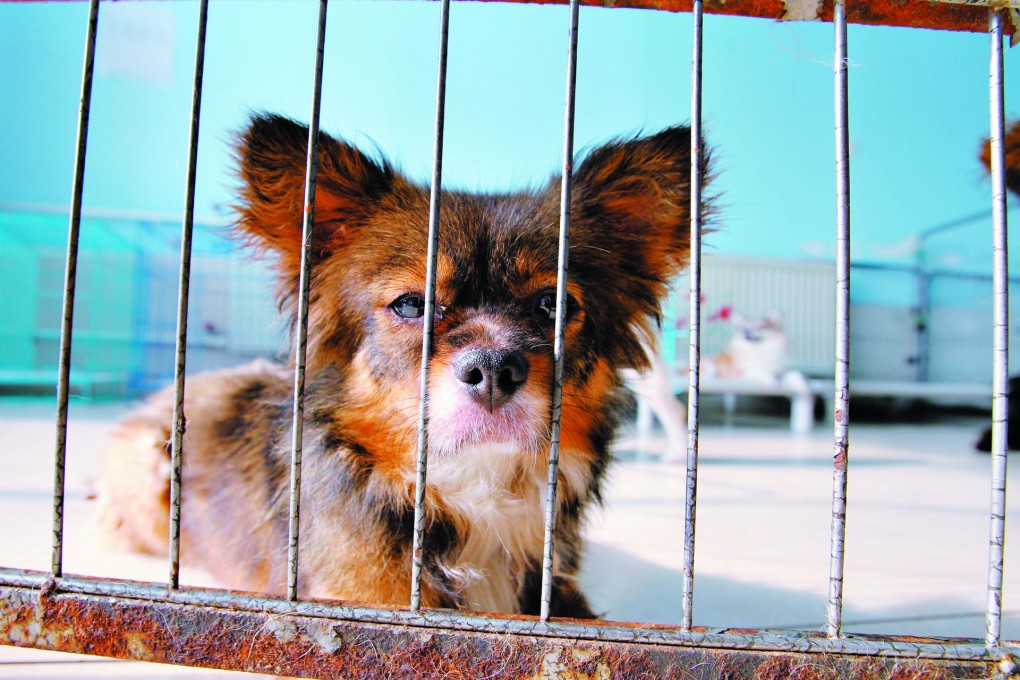Friends in need: the struggle to save Beijing’s stray cats and dogs
For the stray cats and dogs of Beijing, merely staying alive is a daily struggle. Lisa Gay meets the animal rescuers who, despite receiving no recognition or assistance from the state, are trying to spread the joy of pet adoption.

One-eyed Jack was a small dog, more suited to sitting on laps than navigating the streets of Beijing. The squat male mixed-breed dog's single eye shone bright as he approached strangers hoping to be adopted. This stray had obviously once been owned by somebody.
But that was a long time ago. His fur coat had grown filthy. His ratty collar that once clung loosely to his neck was long gone.
"He was a great little dog," recalls Trevor Metz, the Canadian owner of expat watering hole Plan B, in Shuangjing district, in the east of the city. "Every morning, he would be here [in front of the bar]. I felt really bad for him. He was a stray during winter, so I let him stay inside, where it was warm. But I was thinking, 'Oh god, I can't take in another dog.'"
Metz never intended to become an animal rescuer but he found it impossible to ignore the city's needy dogs. By tapping into his network across the capital, he has managed to rehome nearly a dozen strays over the past five years.
This is how One-eyed Jack came to be adopted by a regular at Plan B, a British expat who worked in the administration department at one of Beijing's premier international schools. This was someone, Metz says, he could trust.
Two weeks later, One-eyed Jack was dead.
In the early hours of May 24, the new owner had taken One-eyed Jack out for a walk when he encountered a group of chengguan, or urban management officers, who demanded proof of registration for the dog. Fluent in Putonghua, the owner argued that One-eyed Jack had been vaccinated, but that he hadn't gotten around to registering him yet.